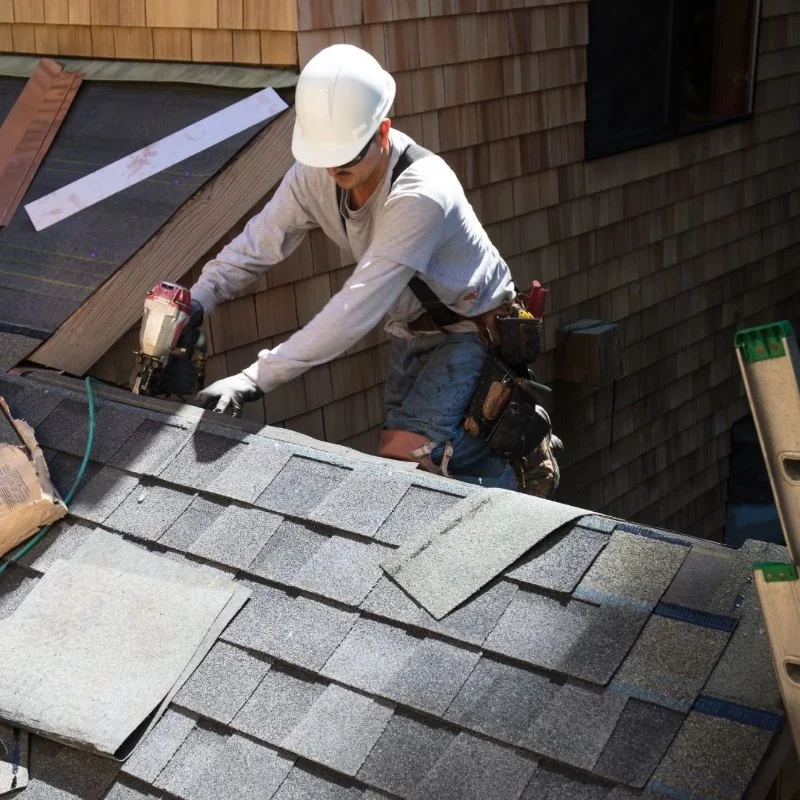 <<<
<<<- 1- What is a Roof Warranty?
- 2- Types of Roof Warranties You Should Know
- 3- Benefits of Having a Roof Warranty
- 4- How to Choose the Right Roof Warranty for Your Home
- 5- Common Roof Warranty Issues and How to Avoid Them
1- What is a Roof Warranty?
A roof warranty is a guarantee provided by the roofing manufacturer or installer that protects your investment. It covers repairs, replacement, or defects in the roofing materials or installation. Roof warranties are essential for homeowners to ensure that their roofs remain in top condition without unexpected costs.
Roof warranties typically come with different coverage terms and conditions, depending on the type of warranty and the roofing company. They offer peace of mind, knowing that the manufacturer or installer is responsible for fixing any issues that may arise due to defects or improper installation.

West Hills Pitch Roofing
Los AngelesLos Angeles CountyCalifornia
22736 Vanowen St, West Hills, CA 91307, USA
2- Types of Roof Warranties You Should Know
There are generally two main types of roof warranties: manufacturer warranties and contractor warranties. Both types serve different purposes, and it’s essential to understand the differences to ensure you choose the right one for your roofing project.
Manufacturer Warranties
Manufacturer warranties cover defects in roofing materials. This type of warranty ensures that if any materials used in your roof (shingles, underlayment, flashing, etc.) fail due to manufacturing defects, the manufacturer will repair or replace them.
Contractor Warranties
Contractor warranties, on the other hand, cover the workmanship of the roofing installation. This warranty ensures that if the roof is improperly installed and causes issues such as leaks or structural problems, the contractor will come back to fix it at no extra charge.
3- Benefits of Having a Roof Warranty
Having a roof warranty offers numerous advantages for homeowners, including:
- Peace of Mind: With a roof warranty, you can rest easy knowing that the manufacturer or contractor will handle any issues that arise within the warranty period.
- Cost Savings: Repairs or replacements due to defects are covered under the warranty, saving you from out-of-pocket expenses for major repairs.
- Increased Property Value: A roof warranty adds value to your property, as it assures potential buyers that the roof is in good condition and any issues will be addressed without additional costs.
- Extended Roof Lifespan: Roof warranties can help maintain the longevity of your roof by ensuring regular maintenance and quick resolution of any issues.
For example, a homeowner in Texas recently reported how a roofing warranty saved them thousands of dollars after their roof suffered storm damage. The roofing company honored the warranty, replacing the damaged parts and restoring the roof’s functionality at no additional cost. This case highlights the financial benefits of having a roof warranty in place.
4- How to Choose the Right Roof Warranty for Your Home
Choosing the right roof warranty requires careful consideration of several factors:
- Warranty Length: Some warranties last for a few years, while others can extend up to 50 years or more. Consider how long you plan to stay in your home and whether you want long-term coverage.
- Coverage Type: Ensure that the warranty covers both the materials and the labor. Some warranties may only cover materials, leaving you to pay for the labor costs in case of repairs.
- Transferability: If you plan on selling your home, look for a warranty that is transferable to new owners. This can make your property more appealing to potential buyers.
- Exclusions and Limitations: Carefully read the fine print. Some warranties may have exclusions for certain types of damage (e.g., storm damage) or may not cover issues caused by poor maintenance.
For instance, if you live in an area prone to severe weather, opting for a roof warranty that includes storm damage coverage might be more beneficial. A comprehensive warranty offers a safety net against unexpected roofing issues that could arise due to harsh weather conditions.
5- Common Roof Warranty Issues and How to Avoid Them
While roof warranties offer significant protection, there are some common issues that homeowners should be aware of:
- Improper Maintenance: Failure to perform routine maintenance on your roof can void your warranty. Ensure that you follow the recommended maintenance schedule to keep the warranty intact.
- Unapproved Modifications: Modifications or alterations to the roof that aren’t approved by the manufacturer or contractor may invalidate the warranty. Always check with the warranty provider before making any changes to your roof.
- Limited Coverage for Certain Damages: Many warranties don’t cover damages caused by weather-related events or accidents. It’s important to understand the exclusions of your warranty to avoid surprises.
To avoid these issues, always read the warranty terms carefully and follow the maintenance guidelines set by your roofing contractor or manufacturer. For instance, regular inspections and cleaning can help you avoid damage from debris buildup or algae growth, which can void some warranties.
In conclusion, understanding everything you need to know about roof warranties will empower you to make an informed decision when selecting a roofing solution. Whether you are building a new home or replacing an old roof, a solid warranty provides long-term protection, saving you money and stress in the future. To find the best roof warranty options for your needs, consider visiting Total Roofing Hub to explore the top products and services available.


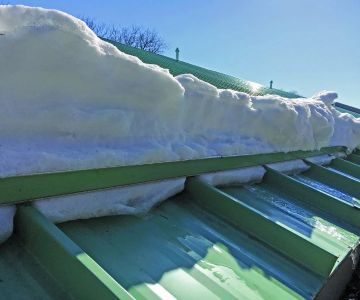
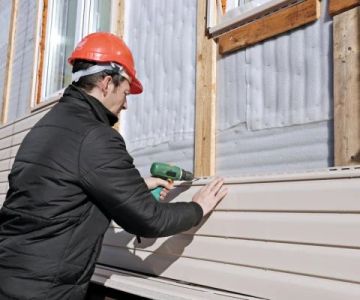

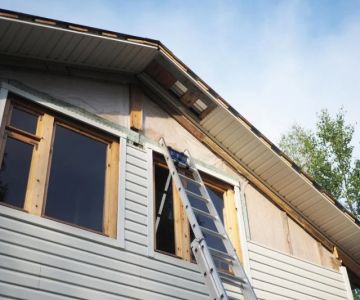

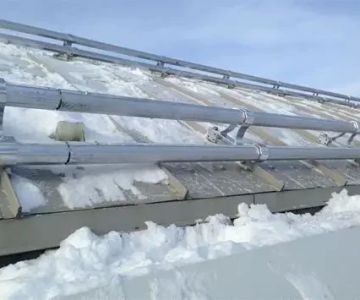
 Skyline Designs Roofing5.0 (99 reviews)
Skyline Designs Roofing5.0 (99 reviews) Perfect Roofing Installations4.0 (60 reviews)
Perfect Roofing Installations4.0 (60 reviews) Dog Tags Construction LLC4.0 (16 reviews)
Dog Tags Construction LLC4.0 (16 reviews)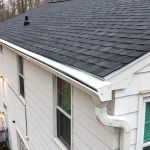 Gutter Shutter of Central Maryland5.0 (9 reviews)
Gutter Shutter of Central Maryland5.0 (9 reviews) Sam Cline Handyman Services4.0 (37 reviews)
Sam Cline Handyman Services4.0 (37 reviews) Paramount Builders Inc.4.0 (302 reviews)
Paramount Builders Inc.4.0 (302 reviews)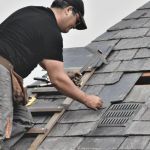 Should I Repair or Replace My Roof?
Should I Repair or Replace My Roof? Top 10 Signs Your Roof Needs Immediate Repair Before It’s Too Late
Top 10 Signs Your Roof Needs Immediate Repair Before It’s Too Late The Pros and Cons of Vinyl Siding: Is It the Right Choice for Your Home?
The Pros and Cons of Vinyl Siding: Is It the Right Choice for Your Home? How to Choose a Reliable Roofing Contractor Near You – Expert Tips
How to Choose a Reliable Roofing Contractor Near You – Expert Tips Top 10 Signs Your Roof Needs Immediate Repair You Shouldn’t Ignore
Top 10 Signs Your Roof Needs Immediate Repair You Shouldn’t Ignore How to Spot Hail Damage on Your Roof | Quick Guide for Homeowners
How to Spot Hail Damage on Your Roof | Quick Guide for Homeowners